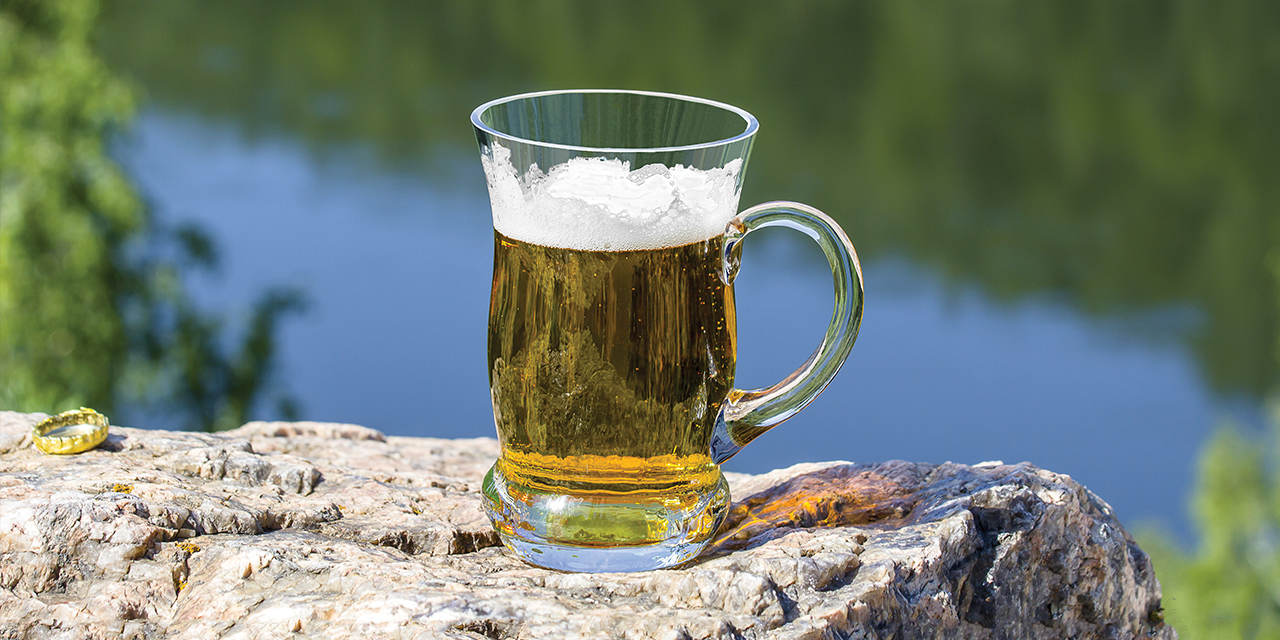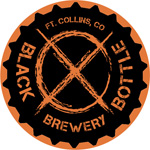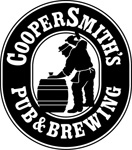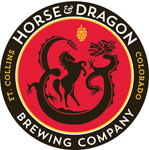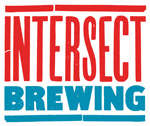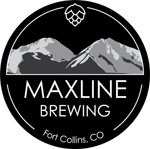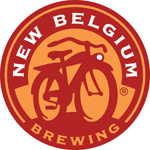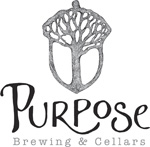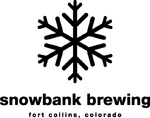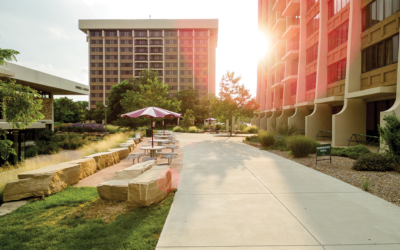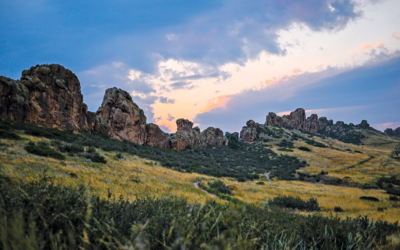For those who recall the 2012 High Park Fire, which destroyed over 87,000 acres of forest and 259 homes west of Fort Collins, complaining about rain is taboo. Tons of soot and ash poured into the watershed, requiring the City of Fort Collins to pull all of its water from Horsetooth Reservoir for a time and reminding brewers that the high quality of water we enjoy is not something to be taken for granted. None of Northern Colorado’s breweries had to halt production thanks to good resource management, but it propelled them to coordinate on water-conservation measures.
Enter BreWater.
Matt Bailey, Odell Brewing Co.’s maintenance and engineering manager, had already been working on water conservation. He and Odell’s sustainability committee were interested in a broader collaboration, but it had yet to take shape. The High Park Fire put that on the front burner, and Bailey founded BreWater.
“That was kind of the event after a sort of evolution before that was like, ‘We need to do what we can to reduce our water usage, and then [determine] how to protect this resource to make it sustainable for Northern Colorado in the long-term,’” recalls Bailey.
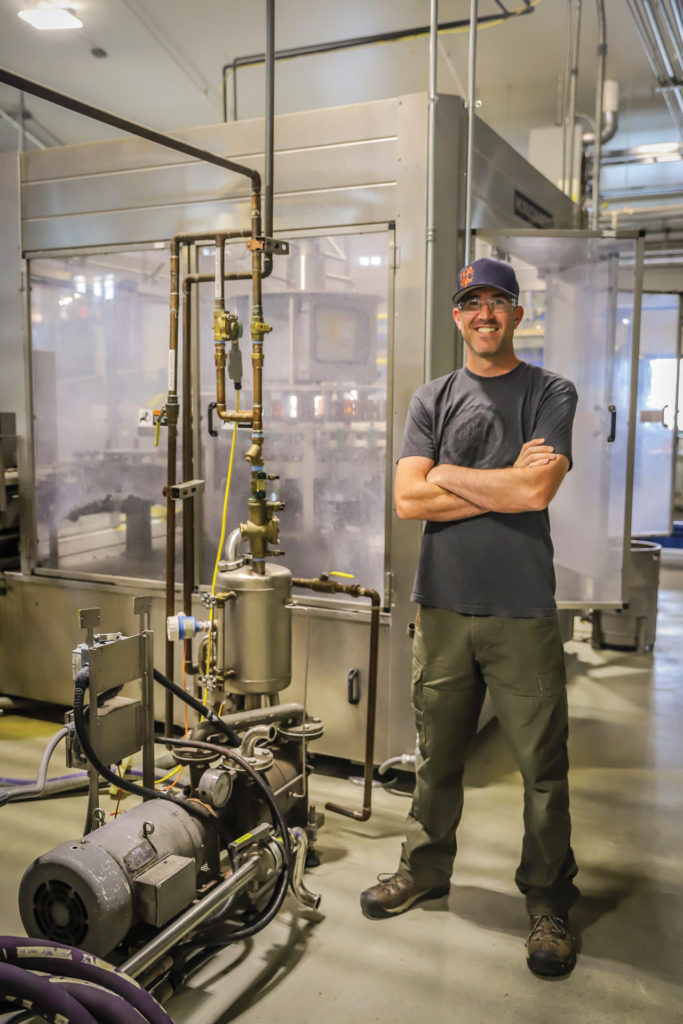
“I’m just making sure that we’re informed and educated about where our water comes from and where it ends up going after we use it,” says Matt Bailey, Odell Brewing Co.’s maintenance and engineering manager. Bailey, who helped start BreWater, oversaw the implementation of a vacuum pump that recirculates water.
BreWater, comprised of over a dozen breweries in Northern Colorado, is dedicated to helping preserve water resource through education, preservation and collaboration. Since it was founded in 2013, BreWater has organized dozens of events including panel discussions, speaking events and other social and educational activities.
Equipment modifications and process upgrades resulting from BreWater’s efforts have a significant impact. Odell saves 3 million gallons of water annually, New Belgium saves 1 million gallons and other craft brewers save tens of thousands of gallons more. (It’s worth noting that Fort Collins’ two largest breweries, Odell and New Belgium, already had significant conservation measures prior to 2013, such as on-site water treatment.)
BreWater’s earliest project involved advocating for and helping fund the removal of the Josh Ames Diversion Dam, which spanned the Poudre River near Old Town Fort Collins.
“Increased flood resiliency, sediment transport, fish passage, and the removal of a recreational hazard are just a few of the benefits of this project,” reported the Colorado Water Trust, which spearheaded the project.
“That was actually the first project that BreWater was part of as far as the environmental protection of our water source and returning the river back to its natural state,” notes Bailey. “The Colorado Water Trust had mentioned that the brewers’ collective voice was a significant impact in getting funding from the state to remove that structure.”
Odell, New Belgium and Funkwerks breweries, committed participants in BreWater’s vision, were among the key supporters for the project, providing funding and advocacy.
BreWater’s key partners include Colorado Water Trust, the Colorado Water Institute at CSU, the Fort Collins Water Board and Poudre Heritage Alliance.
Although beer is a water-intensive resource, Fort Collins’ craft breweries treat and return about half of the water they use to the Poudre. Collectively, they use 2 percent of the city’s water.
Odell’s most impactful equipment modification was a vacuum pump recirculation retrofit that saves the brewery 1.25 million gallons of water and $4,000 a year. Odell spent $3,500 on that upgrade—not a bad return!
“It’s a definite win-win,” says Bailey. “We’re very proud of that project and that had a huge impact.”
Nonetheless, it’s not that simple for smaller breweries. Odell benefited from in-house engineering experience (thus sparing design costs others might incur) and small brewers aren’t always able to implement cost-effective strategies due to space constraints.
Saving $4,000 a year for an operation as large as Odell is a blip on the radar. The real impact, in their reckoning, is water conservation.
“I’m just making sure that we’re informed and educated about where our water comes from and where it ends up going after we use it. That has been the biggest impact to us at this point,” notes Bailey. “Internally, we share a lot of geeky technical information about how we can make our water use in the brewery more effective, but a lot of what we’re trying to accomplish as a group is educating ourselves and then our consumers.”
At the time of this writing, BreWater and the Poudre Heritage Alliance are wrapping up Poudre Pub Talks, a 10-part speaking series on watershed ecology and stewardship.
Odell is 87 percent toward the stated 2020 goal of net zero landfill and uses just shy of four gallons of water per gallon of beer. The industry average in the U.S. is above seven gallons.
“When it comes to protecting a resource like water, we should never be like, ‘OK, we’re good,’” Bailey says, “because there’s always places where every brewery can get better no matter what number they are currently at.”
Until we figure out how to make it rain beer, it’s good to know our brewers are striving to do more with less.
Proud BreWater Member Breweries
John Garvey is a Fort Collins-based freelance writer. To comment on this article, send an email to letters@nocostyle.com.


